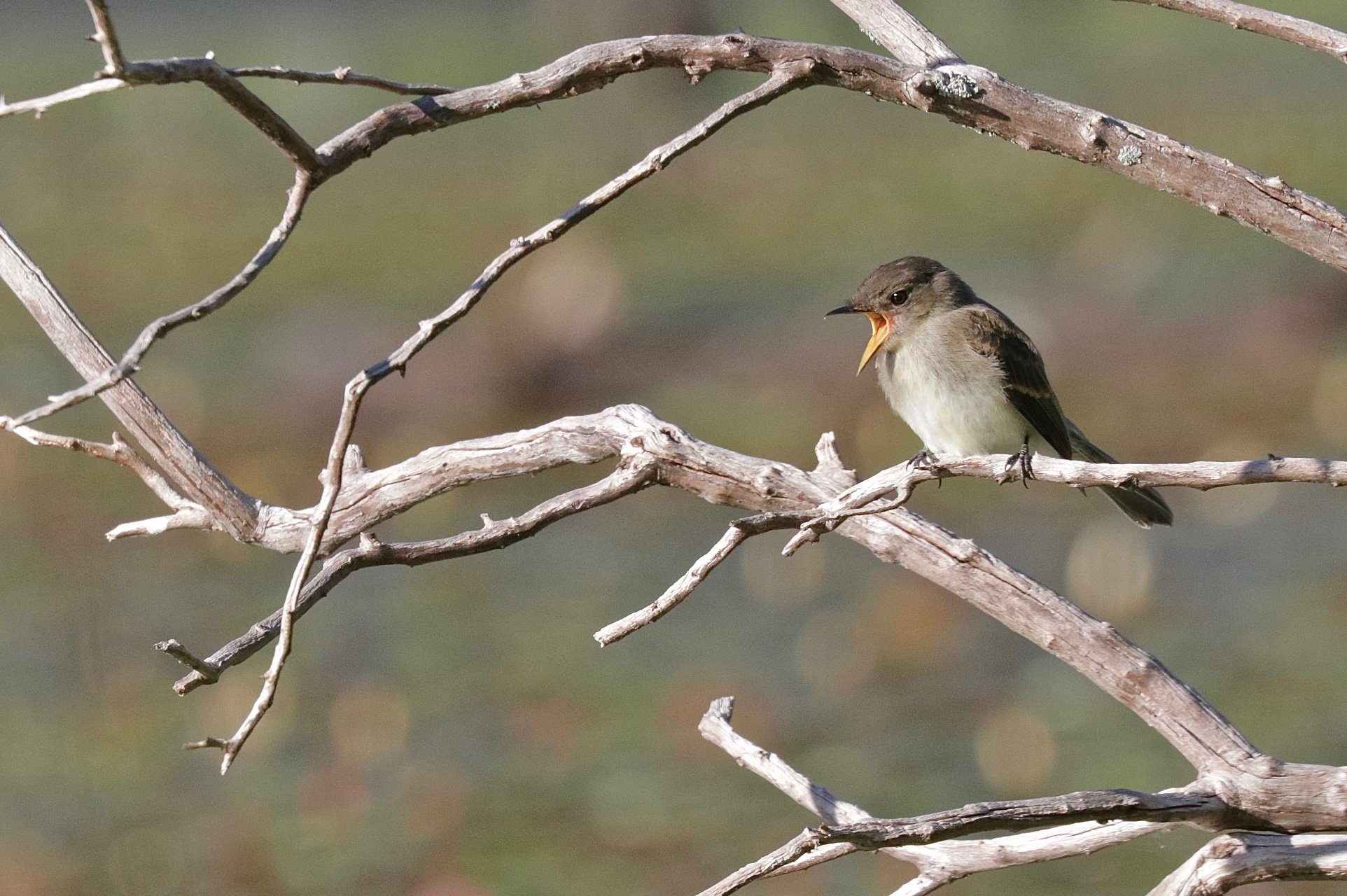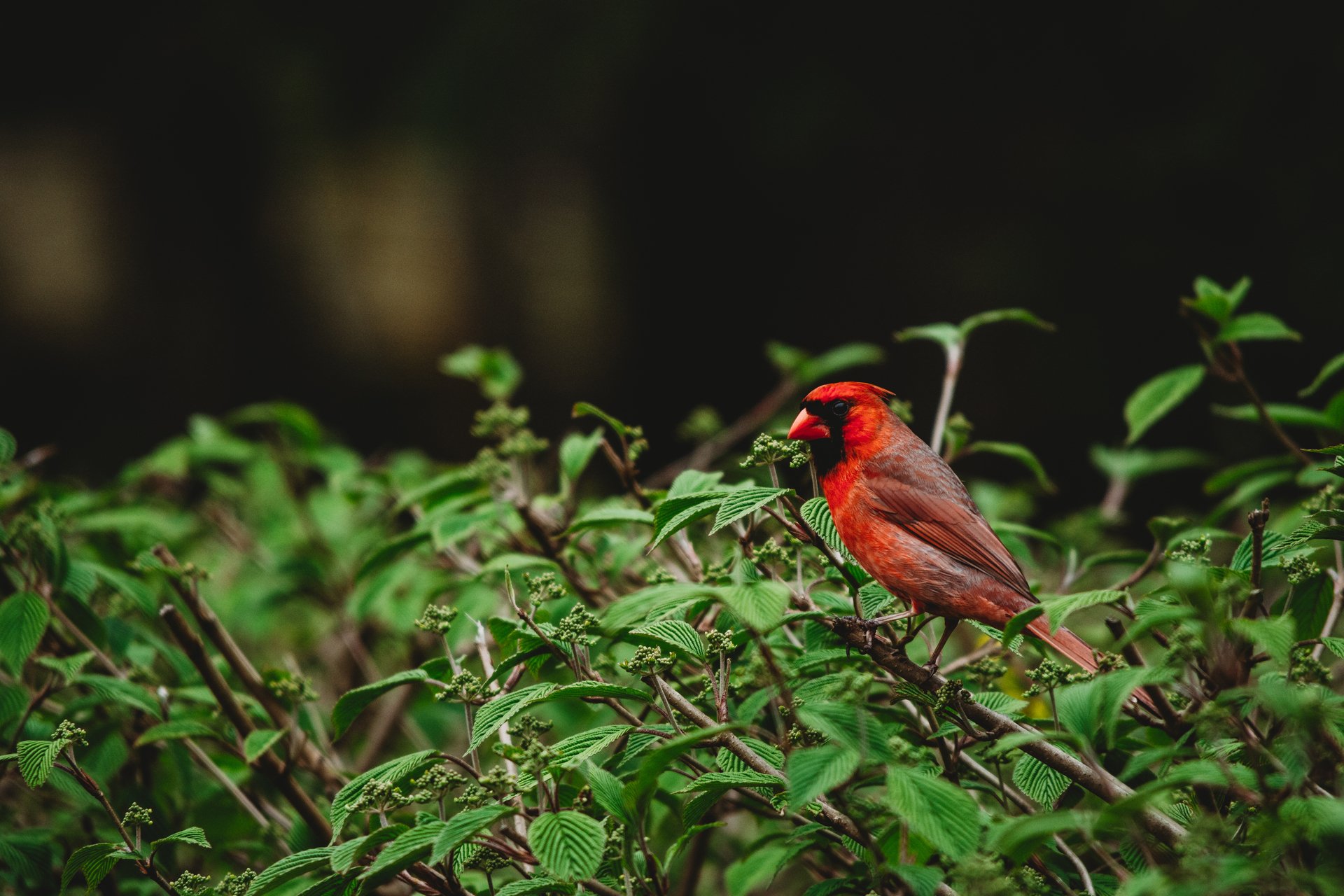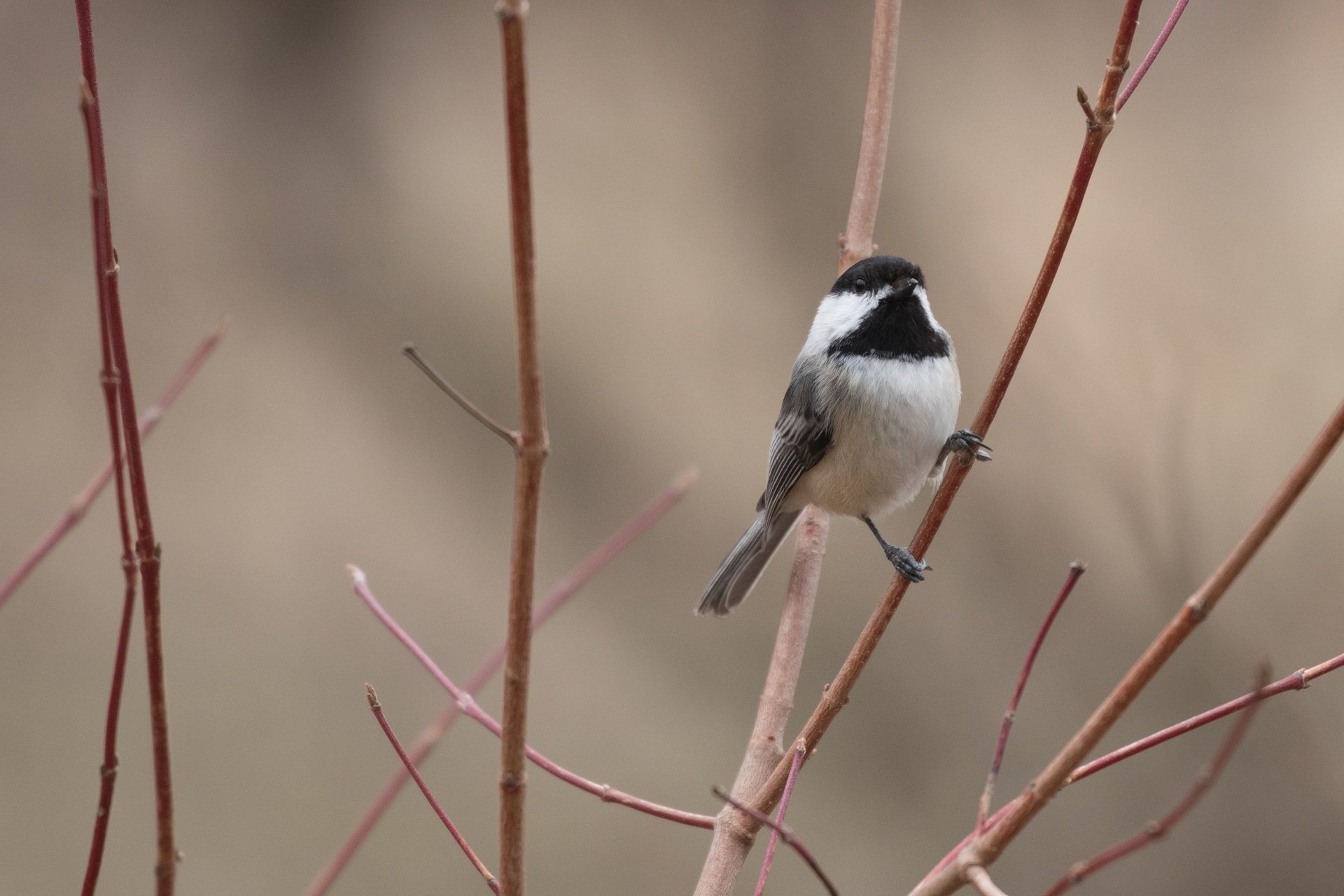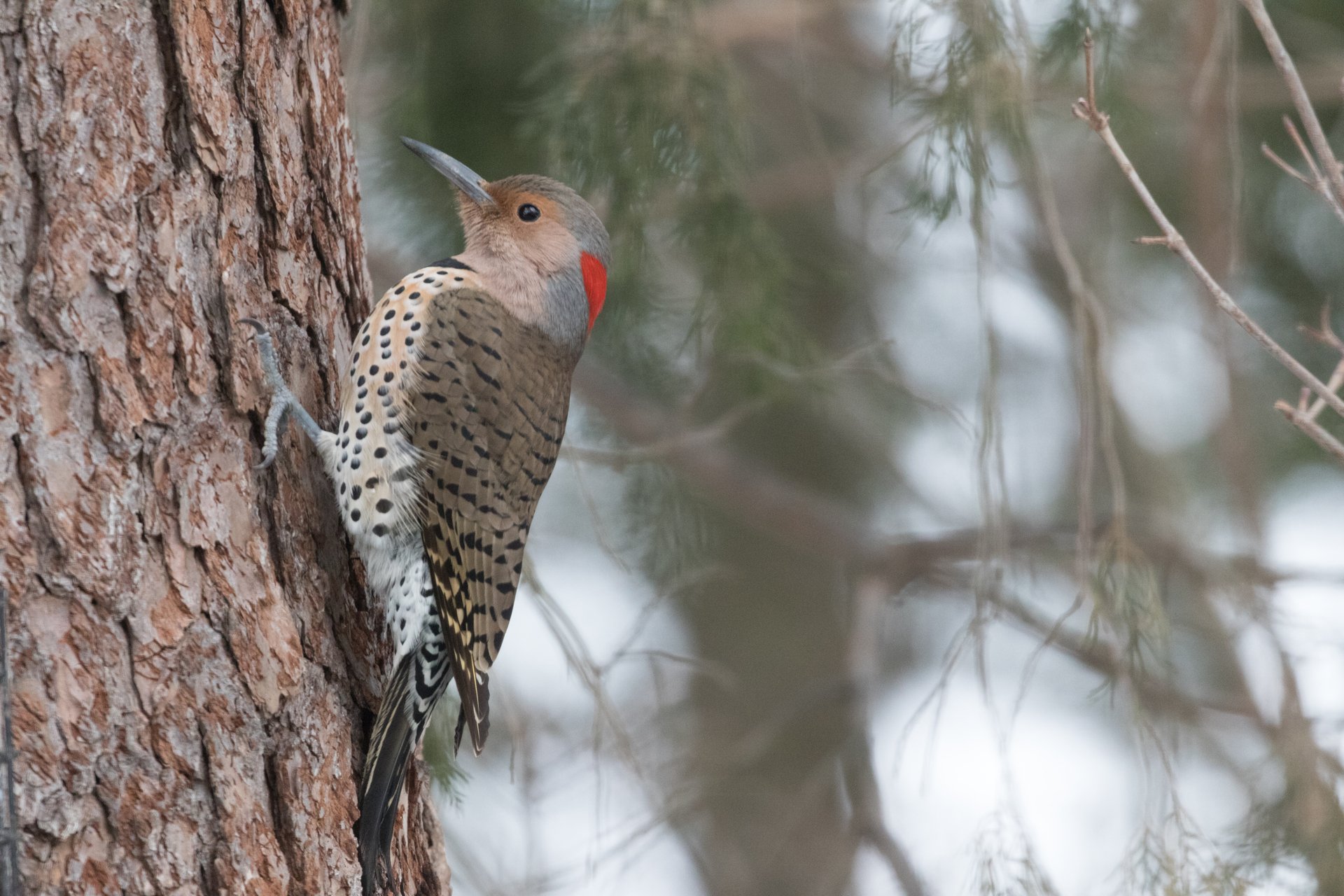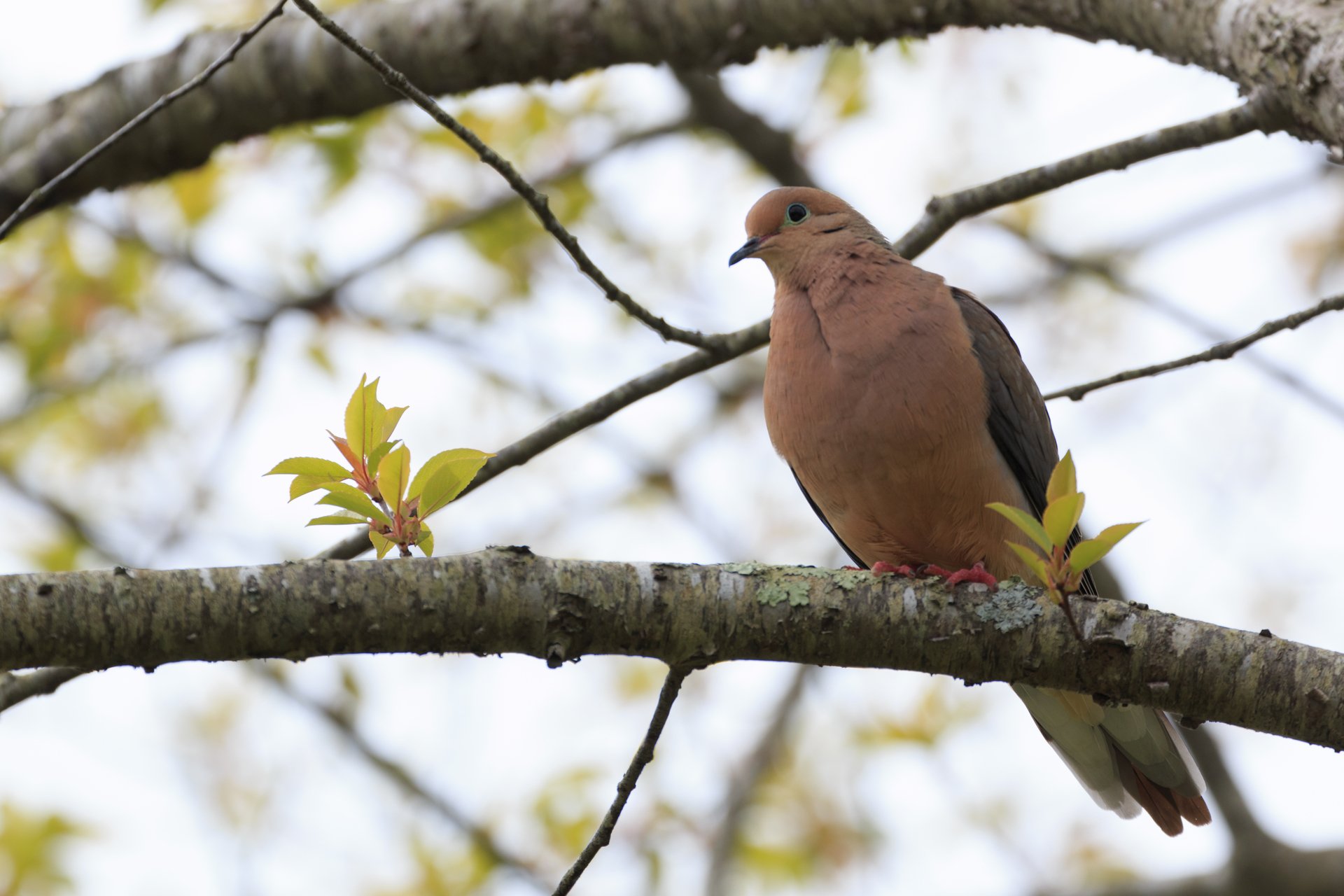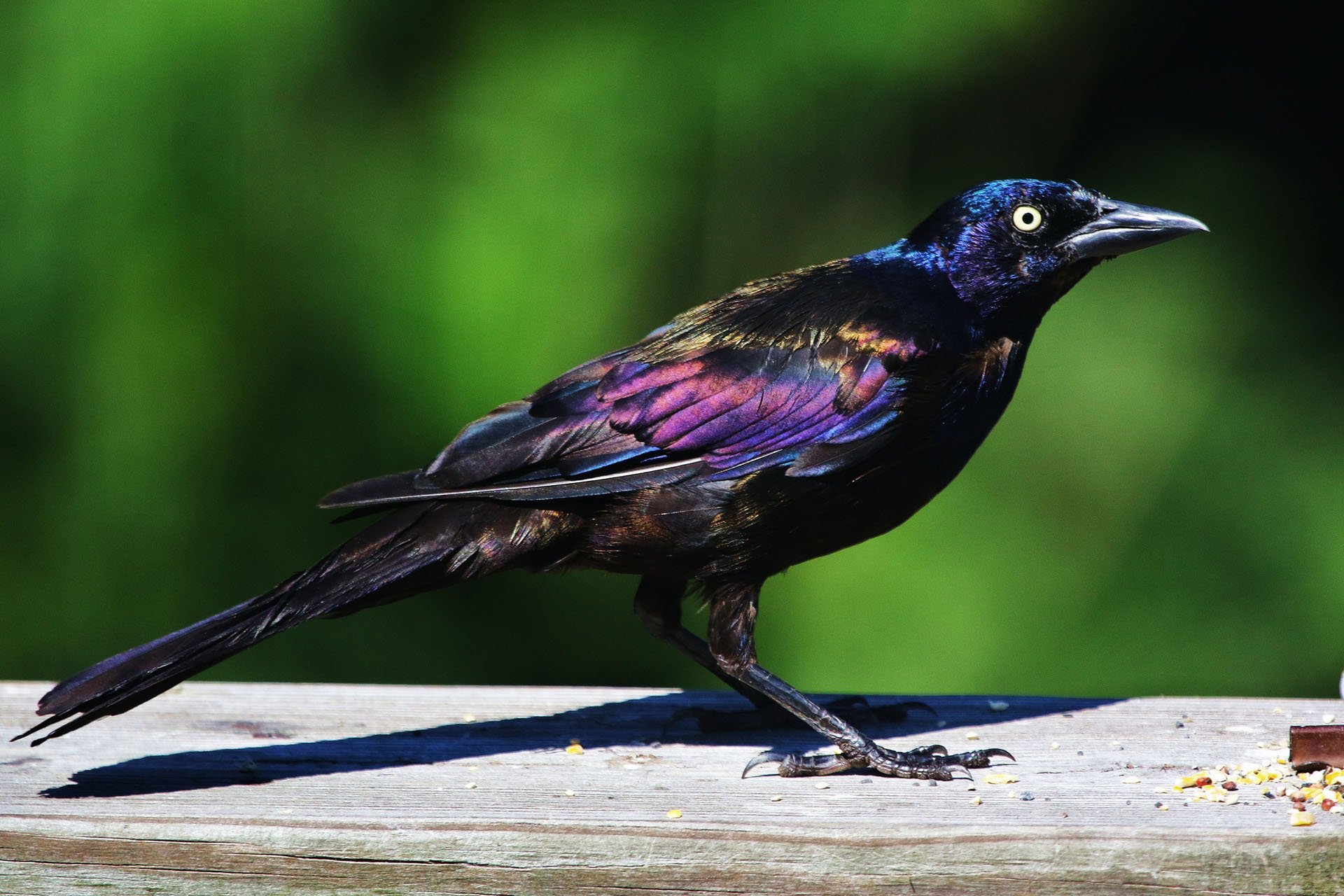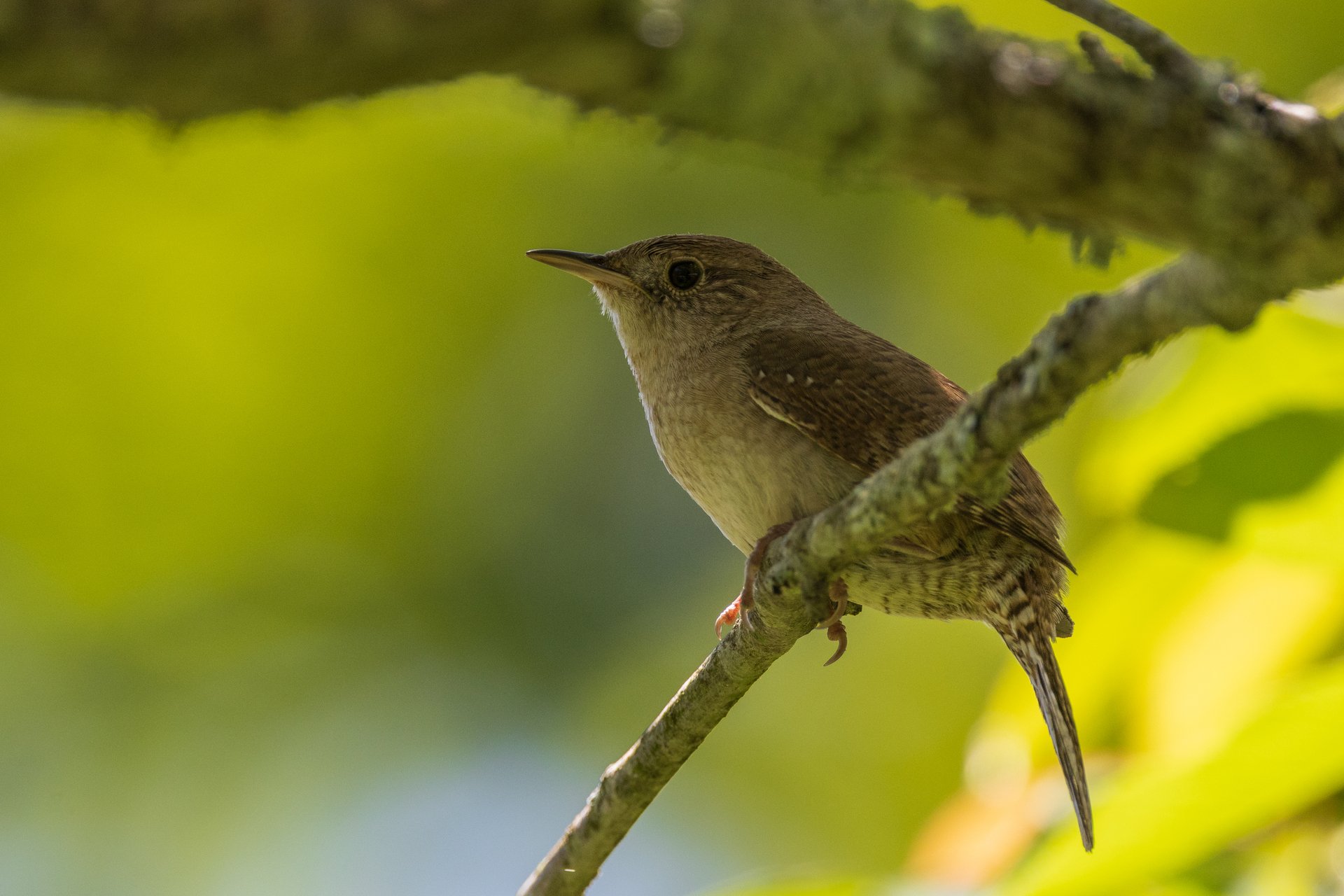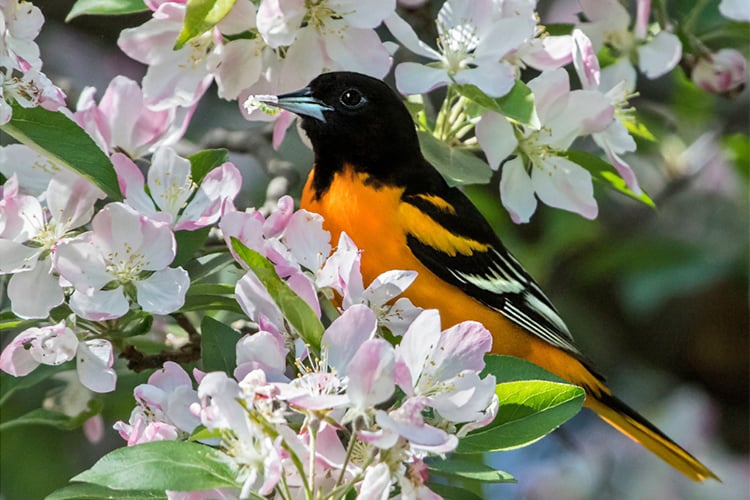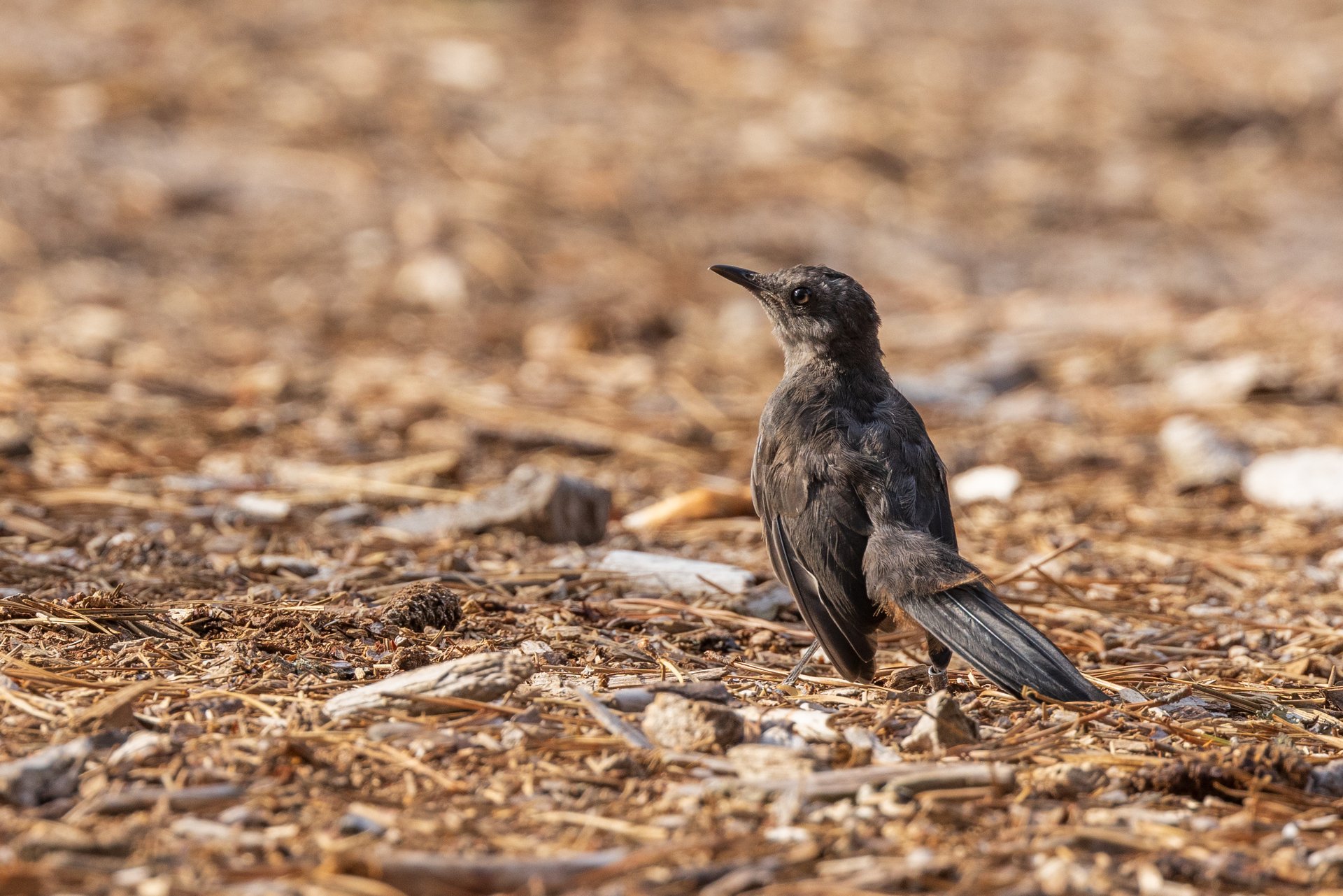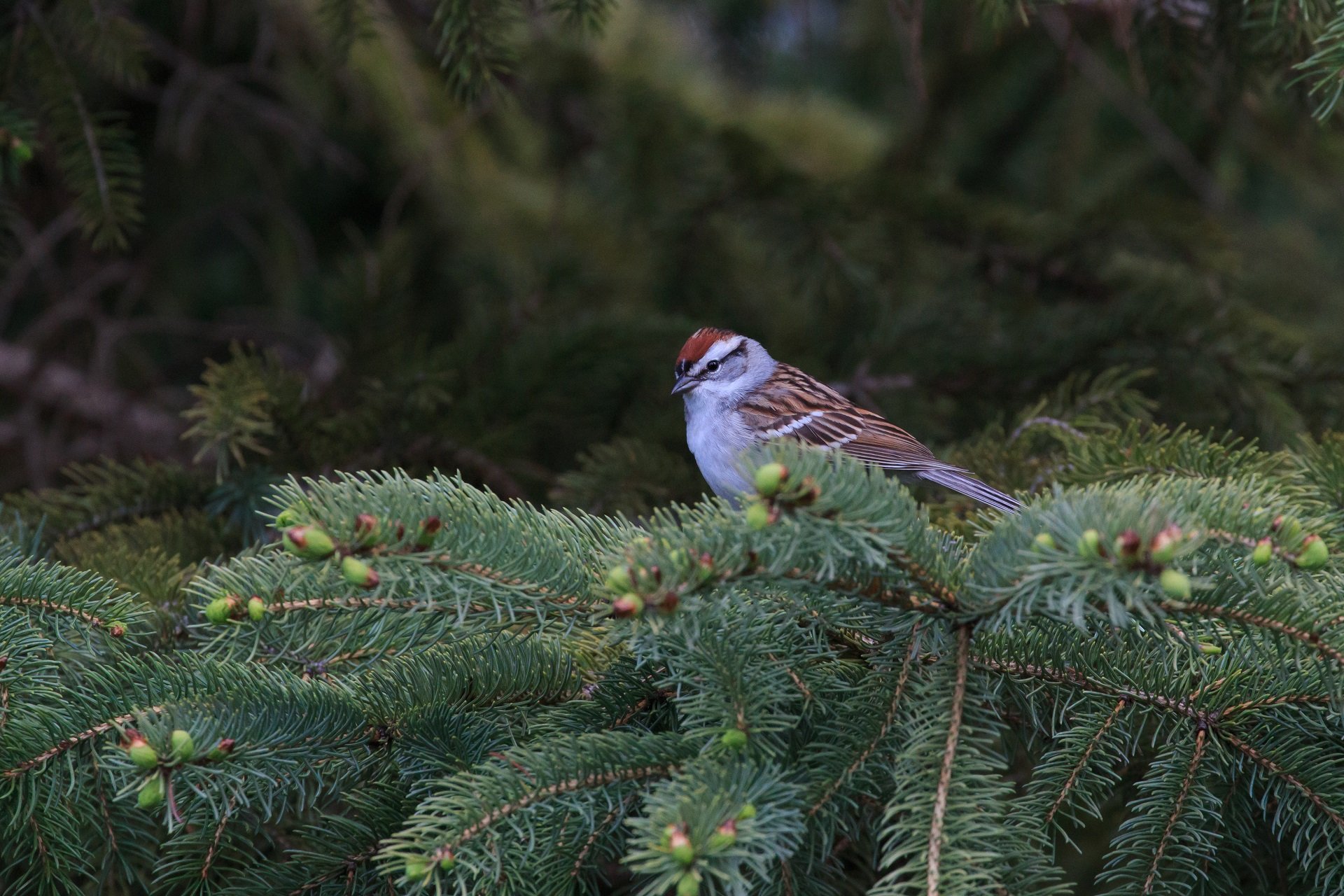Ever wonder which bird is singing outside your window or calling from the treetops during your morning walk? Learning to identify common bird sounds in Massachusetts is one of the most rewarding—and accessible—ways to connect with nature. Whether you're a beginner birder or a seasoned wildlife enthusiast, recognizing bird calls like the melodic Eastern Phoebe, the haunting Mourning Dove, or the iconic Black-capped Chickadee adds a whole new layer to your outdoor experiences.
Tune in to the natural world and discover the top bird calls and songs you're most likely to hear across the state, from backyards and city parks to forests and fields.
1. Northern Cardinal
Both male and female Northern Cardinals sing a loud, whistling song. Northern Cardinals used to be a species more commonly found south of New England and rarely seen in Massachusetts, but they began to expand their range northward in the 1950s. Now they are a very common species in New England.
2. Eastern Phoebe
Eastern Phoebes are cute flycatchers that often nest in manmade structures, like under the eave of a house. Their song gave them their name because it sounds like “fee-bee”.
3. Black-capped Chickadee
The Black-capped Chickadee is the official state bird of Massachusetts. While its chickadee-dee-dee call is perhaps the most identifiable, the chickadee’s song is a clear two- or three- note whistle similar to the Eastern Phoebe’s song. Play them both back-to-back to hear their differences.
4. Northern Flicker
The Northern Flicker is a flashy member of the woodpecker family with a spotted breast and bright yellow feather shafts that you may glimpse when they fly. Their song sounds a lot like they are laughing and can be confused with the song of the Pileated Woodpecker, though the Northern Flicker’s song is more even-toned.
5. Mourning Dove
The soft coo-ing song of the Mourning Dove is often mistakenly thought to be the sound of an owl. Another sound you may hear them make is the loud whistling their wings make when they take off and land.
Mourning Dove Song
Mourning Dove Wings
6. Common Grackle
Common Grackles are blackbirds that have a striking iridescence to their feathers in the sunlight. They're often confused with crows and ravens but there are a few key elements that distinguish them. Their song sounds like a rusty gate opening.
7. House Wren
For such a tiny bird, the House Wren certainly has a lot to say—and loudly! Their bubbly song is fast-paced and often made up of over 12 syllables per bout of singing. They also have large repertoires of songs and will sing around 600 times an hour during the spring.
8. Baltimore Oriole
The striking Baltimore Oriole is often considered a sign of spring in Massachusetts with its flute-like song. Baltimore Orioles build intricate hanging nests that cradle their young.
9. Grey Catbird
The Gray Catbird is another bird whose song inspired its name. Though they make a lot of different sounds, including gurgles, squeaks, and whistles, their cat-like mew is very distinctive.
Grey Catbird Song
Grey Catbird Mew
10. Chipping Sparrow
Unsurprisingly, given its name, the Chipping Sparrow’s song is a series of metallic sounding chips. If you look closely at this small sparrow, you’ll spot its rusty hat.
Learn More About Massachusetts Birds
Learning to differentiate between various bird songs can be a valuable skill in the field. And this list is just the beginning! Familiarize yourself with the birds of Massachusetts—including their chirps, honks, drums, and songs—before your next birding adventure.
Upcoming Birding Programs
See MoreThe easiest way to brush up on bird sounds? Join a guided program with one of Mass Audubon's birding experts.
Wednesday Morning Birding
-
Newburyport and vicinity
-
Wednesday, December 31
9:30am-12:30pm
Adults
New Year's Day Birdwatching
-
Ipswich River Wildlife Sanctuary, Topsfield
-
Thursday, January 1
8:00-11:00am
Adults
New Year's Day Birdwatching
-
Joppa Flats Education Center, Newburyport
-
Thursday, January 1
8:00-11:00am
Adults
Early Morning Owl Prowl
-
Blue Hills Trailside Museum, Milton
-
Friday, January 2
5:00-7:00am
Adults & Families - 10 - 17
Friday Morning Birdwatching
-
Newburyport and vicinity
-
Friday, January 2
8:30-11:30am
Adults
Family Winter Birding
-
Boston Nature Center and Wildlife Sanctuary, Mattapan
-
9 classes starting
Saturday, January 3
10:30am-12:00pm
Families - children 0 - 17
Stay Connected
Don't miss a beat on all the ways you can get outdoors, celebrate nature, and get involved.



